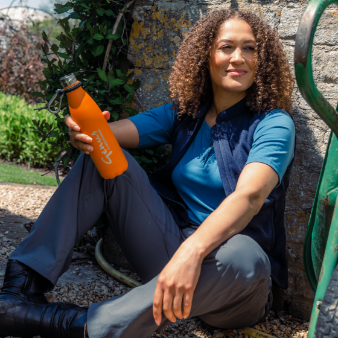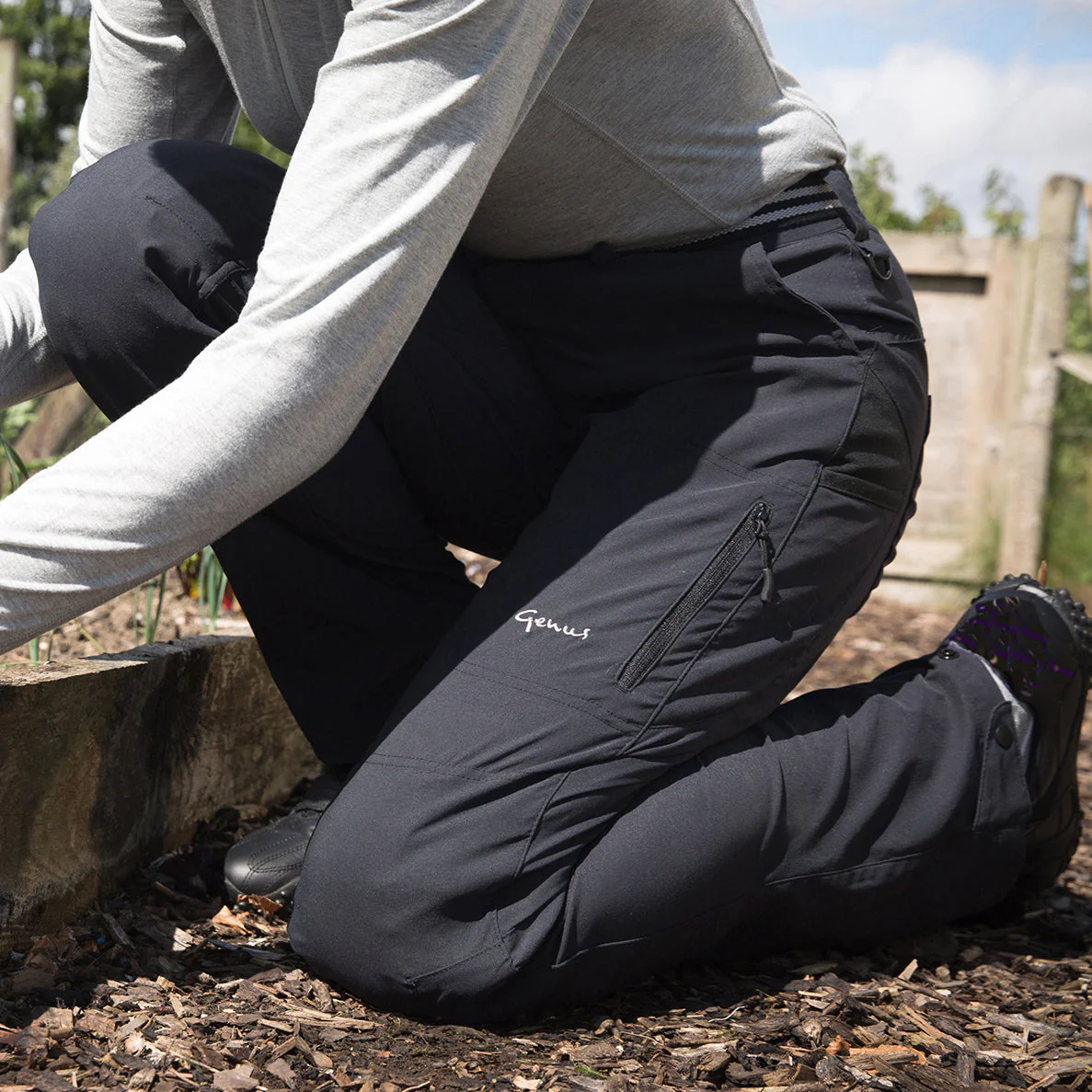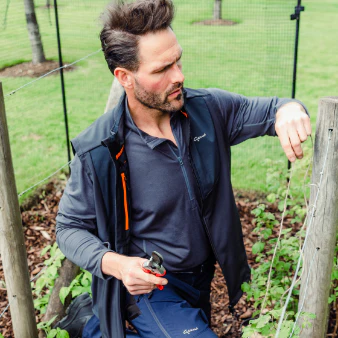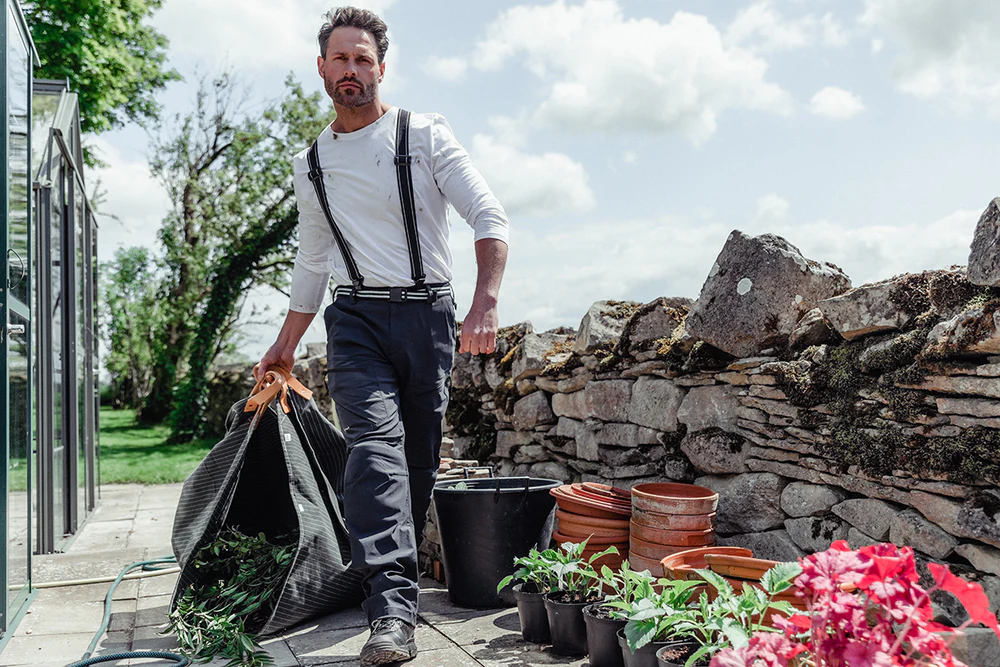Wellbeing and disabled gardeners

This weekend saw us pass the spring Equinox, one of two days in the year when the day and night are equally long. Day length is now on it’s way to stretching longer than 12 hours. That can only mean one thing, and yup, that’s the start of the new gardening calendar.
The coming Easter weekend will be one of the busiest for gardeners and garden centres, as tools and gardening clothes are dusted off and the new season's planting gets underway. We all know that gardening brings so many wellbeing benefits, but there is one question we wondered about whilst getting into the gardening mood in the Genus garden this week, and that’s how do gardeners with mobility and other challenges ensure that the act of gardening provides them with the same degree of positive mental and physical impacts? One of the Genus gardeners has a hip injury and soon discovered that lifting, digging, bending and stretching were all far more demanding than they imagined.
There are plenty of organisations able to demonstrate that with a little thought gardening with disabilities is not only possible, it continues to be a great way to maintain a healthy lifestyle and individual happiness through times of physical adversity. The RHS provide some tips on how to modify gardens to help make gardening easier, and they signpost other organisations that can help. For example, Thrive views horticulture as therapy and believes in the benefits that gardening can bring to gardeners of all types. Thrive has a guide that details how disabled or less mobile people can carry on gardening providing detailed advice on how to approach all the usual gardening tasks. For those gardeners with arthritis and painful joints Arthritis Research has produced a booklet covering how to garden with arthritis. Care2 outlines 8 garden design steps to build an “enabling garden” including making more space, raising beds, installing kneelers and seating, finding the right tools, and thinking about watering solutions such as irrigation systems and extended hosepipes. Gardening for Disabled Trust make sure that gardeners are able to make the adjustments and continue to garden.
All these organisations recognise that finding a way to continue gardening will bring gardeners the physical and mental wellbeing benefits that there is now so much evidence for.











